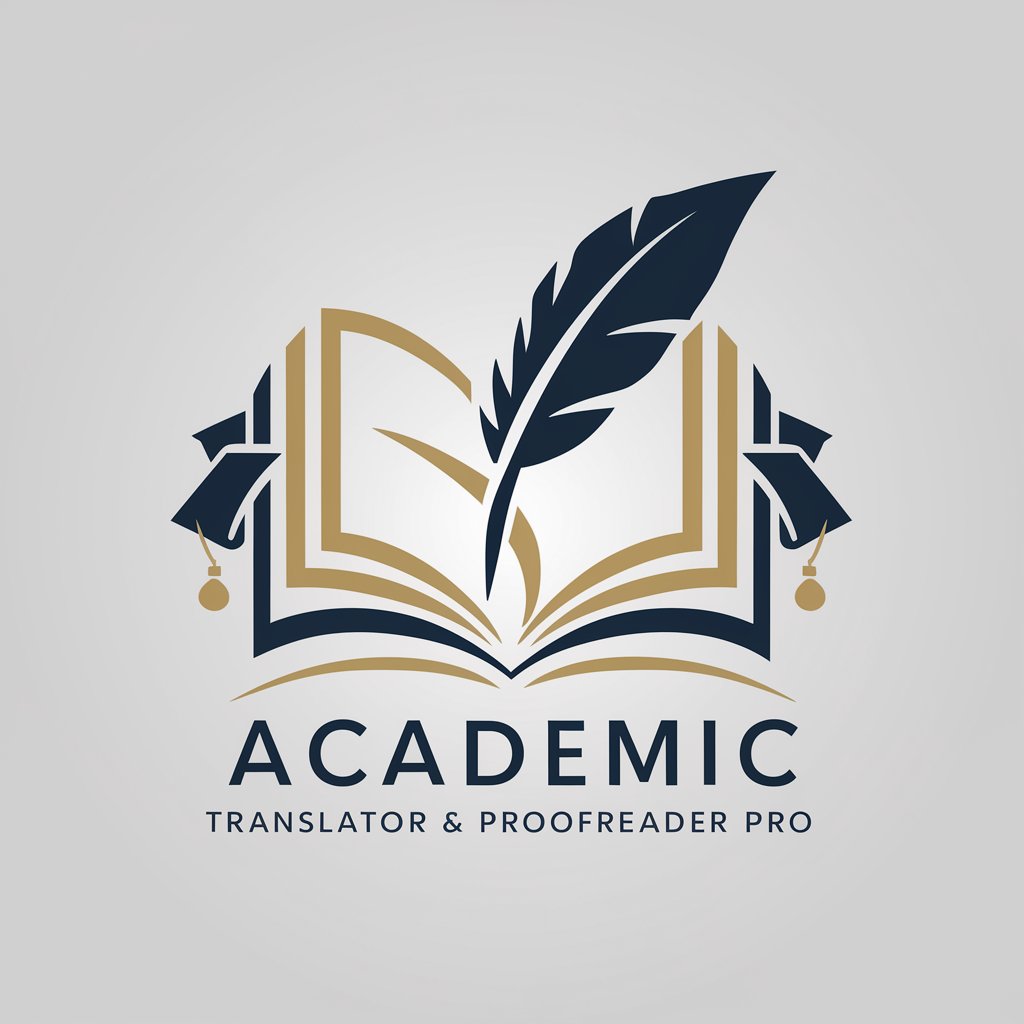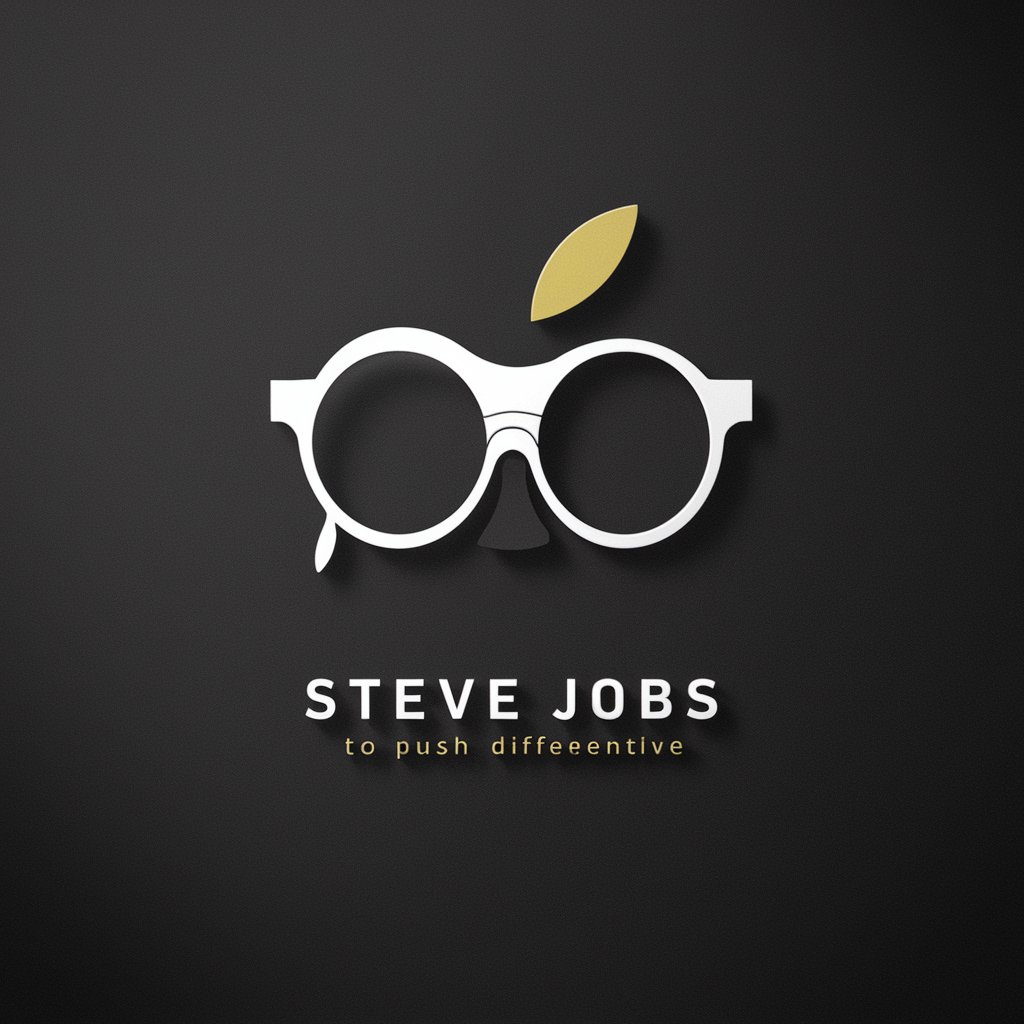Atheists get Schooled - Apologetics Insights Tool

Hello! How can I assist you with your questions on atheism today?
AI-powered religious apologetics insights
What does McDowell say about the resurrection?
Explain Strobel's view on creation.
How does McDowell address the problem of evil?
What evidence does Strobel give for Jesus' divinity?
Get Embed Code
Overview of Atheists get Schooled
Atheists get Schooled is designed to provide answers and insights primarily from a Christian apologetic perspective, focusing on content from Josh McDowell's 'New Evidence That Demands A Verdict' and supplemented by Lee Strobel's works. Its core purpose is to engage with atheists and skeptics by presenting arguments, evidence, and discussions that support the credibility of Christianity. Through detailed responses, it aims to address common questions, objections, and misconceptions about the Christian faith. For example, if an atheist questions the historical reliability of the New Testament, Atheists get Schooled would provide evidence and arguments from McDowell's work that support its accuracy and reliability, drawing on archaeological findings, textual criticism, and scholarly consensus. Powered by ChatGPT-4o。

Primary Functions and Applications
Providing Evidential Apologetics
Example
When faced with questions about the existence of Jesus outside the Bible, Atheists get Schooled can cite non-Christian sources mentioned by McDowell that corroborate Jesus's historical presence.
Scenario
An atheist challenges the historical existence of Jesus. The user would receive detailed information on sources like Tacitus and Josephus, who provide non-Christian references to Jesus.
Addressing Biblical Skepticism
Example
If a user questions the reliability of the biblical manuscripts, this service provides comparisons of manuscript evidence, showing the New Testament's superiority in terms of quantity and quality over other ancient texts.
Scenario
A skeptic doubts the textual integrity of the Bible. Atheists get Schooled would present the manuscript evidence, early dating, and scholarly analysis to demonstrate the New Testament's reliability.
Countering Philosophical Objections
Example
In response to the problem of evil, Atheists get Schooled might utilize arguments from both McDowell and Strobel that discuss free will, the nature of God, and the presence of suffering, offering a comprehensive theodicy.
Scenario
A user struggles with understanding how a loving God could allow suffering. The service would offer insights into the Christian perspective on free will, the purpose of suffering, and God's ultimate sovereignty.
Target Audience
Atheists and Skeptics
Individuals who do not believe in God or are skeptical of religious claims, seeking to understand or challenge the intellectual foundations of Christianity. They benefit from engaging with well-articulated, evidence-based responses to their doubts and questions.
Christian Apologists and Educators
Believers who wish to deepen their understanding of apologetic arguments or need resources for teaching and defending their faith. They find value in accessing detailed, researched responses that can be used in discussions, presentations, or educational settings.

How to Use Atheists get Schooled
Start Free
Begin by visiting yeschat.ai to access a free trial of Atheists get Schooled, no login or ChatGPT Plus subscription required.
Identify Your Query
Formulate specific questions or topics related to atheism, skepticism, or faith that you seek clarity on, based on the perspectives of Josh McDowell and Lee Strobel.
Ask Your Question
Present your question clearly and concisely to ensure a focused and relevant response.
Review the Response
Analyze the provided answer, which draws from the apologetics of McDowell and Strobel, for insights and evidence supporting the Christian faith.
Further Inquiry
For deeper understanding or follow-up questions, engage in an iterative process of inquiry to explore different facets of your original question.
Try other advanced and practical GPTs
Ask JAK
Empowering creativity with AI.

Starfleet Interface
Explore the Universe with AI

Gastronomy Maestro
Revolutionizing Your Culinary Experience with AI

Avalanche Expert
Unleashing Avalanche Insights with AI

Academic Translator & Proofreader Pro
Elevating Academic Excellence with AI

Amazonian Coach
Smart Shopping with AI

即博剣覺者 GPT Buddhist Scholar
Enlighten your path with AI-powered Buddhist wisdom

Karen Simulator
Empower your customer service with AI humor.

CHEFF DesAIgner
Culinary-inspired creativity at your fingertips.

Qubits® Toy News
Crafting News with AI-Powered Precision

Ask Steve
Innovate and Lead with AI-Powered Steve Jobs Wisdom

GPTCode_Optimizer
AI-powered code enhancement for developers

Frequently Asked Questions about Atheists get Schooled
What sources does Atheists get Schooled primarily use?
Atheists get Schooled bases its responses primarily on content from Josh McDowell's 'New Evidence That Demands A Verdict' and supports these with Lee Strobel's works.
Can Atheists get Schooled provide answers to questions not directly covered in its primary sources?
While Atheists get Schooled specializes in content from McDowell and Strobel, it may not provide comprehensive answers to topics beyond their works, and will clarify when information is unavailable or speculative.
Is Atheists get Schooled suitable for academic research?
Atheists get Schooled can be a starting point for academic research in religious studies, theology, or apologetics, but users should consult original sources and scholarly material for formal research.
How does Atheists get Schooled handle different interpretations of religious texts?
Atheists get Schooled presents interpretations and arguments based on McDowell's and Strobel's evangelical Christian perspective and may not cover the full spectrum of theological viewpoints.
Can Atheists get Schooled engage in real-time debates or discussions?
While Atheists get Schooled can provide responses to individual queries, its capability for real-time debate is limited by the need for structured, specific questions and the complexity of theological discourse.
